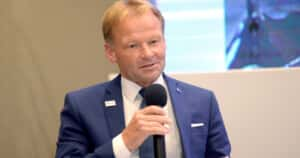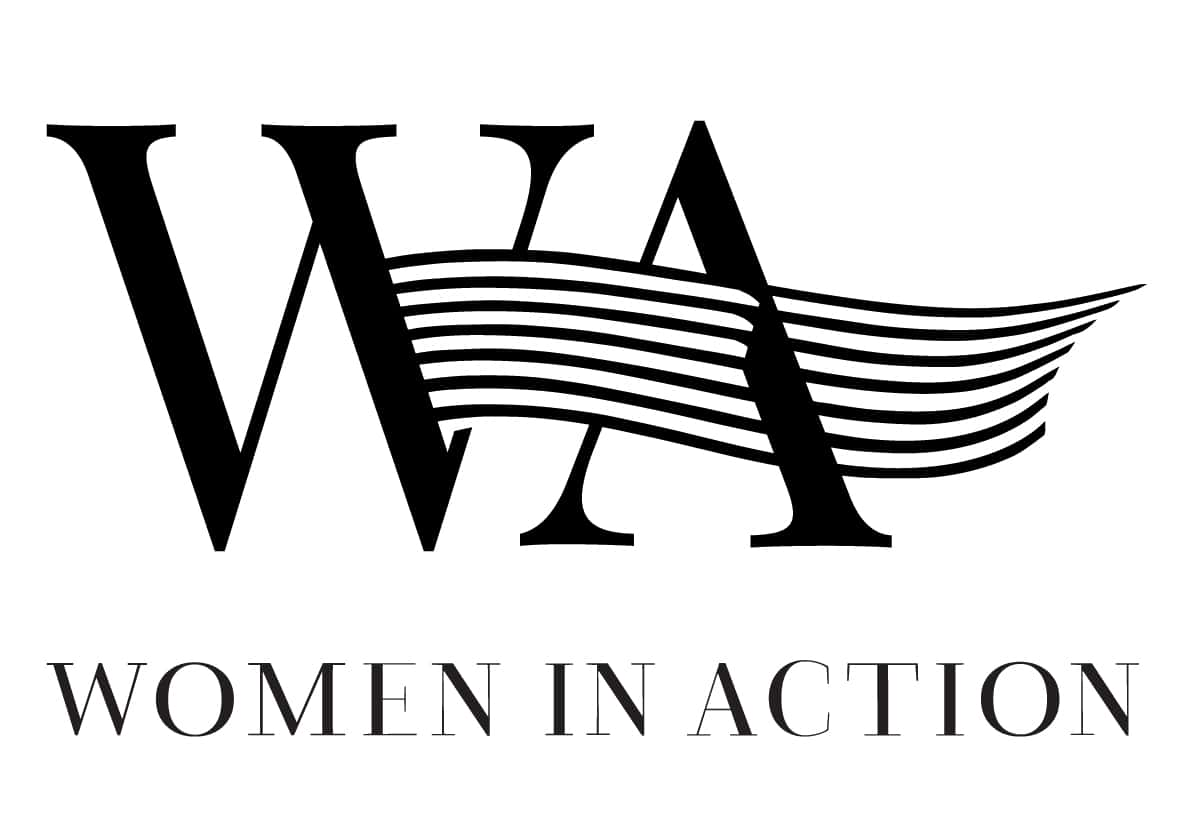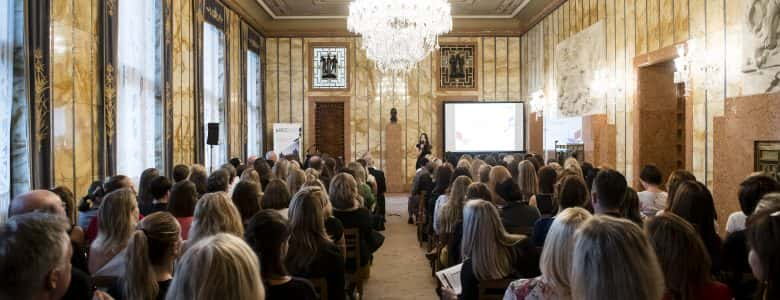Green energy transition, ESG compliance and access to public subsidies are among the priorities for CEOs in 2023. In his interview, Vazil Hudak, Chairman of Avanea AIF and Member of the Advisory Board of JP Morgan for EMEA is covering these important topics and bringing us the perspective from the World Economic Forum in Davos that took place in January.
Vazil, you have just come back from the World Economic Forum in Davos where you spoke with the key decision makers from many international companies and with the policy makers. What were the main concerns they had, what challenges they anticipate in 2023?
It is obviously quite a complex situation today globally, both in terms of geopolitics and global economics. There were four major topics in Davos. The first is the uncertainty regarding future development of the global economy in 2023. We see some positive signals such as lowering of inflation, China opening after a long covid lockdown, some stabilization of the interest rates, and labour markets are doing very well in general. On the other hand, there are also worrying signals especially in terms of high energy prices and inflation, although it is decreasing, is still high. These are the main themes regarding macroeconomics. There is a question whether the outlook on the economic growth is negative or not.
 Another important point is de-globalization. The fact is that major economic blocks globally, whether it is US, China, Europe or India are developing their own protection mechanisms, their own incentives mechanisms for bringing more investments inwards. It is partially the reaction to the pandemic. During pandemic, as you remember, we faced the situation that it was impossible to get goods from China and eastern places to Europe, and vice versa. Therefore, there is a push to shorten the supply chains in general, globally. For example, in the United States there is an inflation reduction act, which hands a lot of subsidies to the companies operating investments and producing inside the US. China has, obviously, always been very supportive of its companies. And Europe has to respond to this as well. President of the European Commission Ursula von der Leyen spoke in Davos and outlined the Green Deal Industrial Plan, which is a response of Europe towards this de-globalization process. That is one of the issues.
Another important point is de-globalization. The fact is that major economic blocks globally, whether it is US, China, Europe or India are developing their own protection mechanisms, their own incentives mechanisms for bringing more investments inwards. It is partially the reaction to the pandemic. During pandemic, as you remember, we faced the situation that it was impossible to get goods from China and eastern places to Europe, and vice versa. Therefore, there is a push to shorten the supply chains in general, globally. For example, in the United States there is an inflation reduction act, which hands a lot of subsidies to the companies operating investments and producing inside the US. China has, obviously, always been very supportive of its companies. And Europe has to respond to this as well. President of the European Commission Ursula von der Leyen spoke in Davos and outlined the Green Deal Industrial Plan, which is a response of Europe towards this de-globalization process. That is one of the issues.
The third one, of course, is the war in Ukraine. It is an ongoing problem because it creates the disturbances at political and also at economical level, uncertainty about energy prices. It is overall a major insecurity, potential use of the nuclear weapon, and so on. And the fourth one, I would say, is the topic of de-carbonization, especially the role of green technology, not only with regard to climate protection, but also in general as it is a driving force for innovations globally. I would say these four issues were the primary ones for the discussion, but of course there were many more.
And in terms of opportunities, what might the year 2023 bring us, especially in the Central and Eastern Europe?
Given the current priorities of de-carbonization and the growing importance of technology, Central and Eastern Europe has a potential to be one of the driving forces in Europe and even globally, especially in developing new innovative technology companies. As you now, I am engaged in InoBat, which is a Slovakia-based company, developing new technologies for batteries for e-mobilities as well as for energy storage systems. The companies of this type, which can utilize the strong innovative potential of Central Europe and a brain power of our people, could be very interesting.
Another opportunity is also a possible de-localization of some of the companies. For example, German companies that are dependent on Chinese or Russian suppliers are now moving their production closer to Germany. This is an opportunity for CEE to get more production into the region.
 You mentioned that the importance de-carbonization is growing on the global level. In terms of CEOs priorities, how high is ESG in their agenda now?
You mentioned that the importance de-carbonization is growing on the global level. In terms of CEOs priorities, how high is ESG in their agenda now?
Yes, it is very high. It is certainly one of the top issues. There is a lot of interest and support for green agenda, for sustainability. Basically, today no global or regional business can function without a strong ESG element. There is a full support for this direction. However, there is always a question mark how much of this is so-called green washing and how much of it is real. May companies are proclaiming to be green, to be socially responsible and sustainable, but in reality, it is often more about PR than the real activities. In Davos there was a lot of discussion how to make sure that companies are really doing what they are saying.
The other issue is that of the governance. For example, there are more women in key-decision making positions in the companies, there is more diversity, etc. Certainly, ESG is and continues to be a big element for many corporations.
From your perspective, what matters most today in comparison to what could wait? What are the main priorities for the moment?
If I was to identify the key priority for Europe, it would certainly be finding the settlement for Ukraine. It is a major disruptive element for Europe in particular. Some kind of peaceful solution would certainly be very welcome.
Another priority I would say is the issue of green transition. Basically, transitioning of the energy in particular into a new structure where the countries of CEE would be less dependent on Russia, less dependent on fossil fuels, much more focused on renewables, and much more diversified in terms of supply chain, including suppliers from the Middle East, Norway, and the US. I would say these are the two main priorities.
It is still quite difficult to give a prognosis in the current situation; nonetheless I would like to ask you what can be the main changes that we are going to see this year?
I think that companies from Central and Eastern Europe would need to look at the situation more globally. They would need to compare different sources of public support in Europe versus in the US or other parts of the world. It is already now visible that quite many companies that are involved into the green economy or green energy sector, for example battery producers are moving from Europe to the Unites States, because of this inflation reduction act and the huge number of subsidies that the US government can provide to the investors inside the United States. I think the importance of public support and public subsidies is playing a very important role in the decision-making for the companies. And of course, the ESG element, making sure that a company follows the ESG rules, because it is an important element for investors, for the financing. If a company in CEE wants to go to the international market, to get financial resources – it must be ESG compliant. This was very clear in Davos as well.







